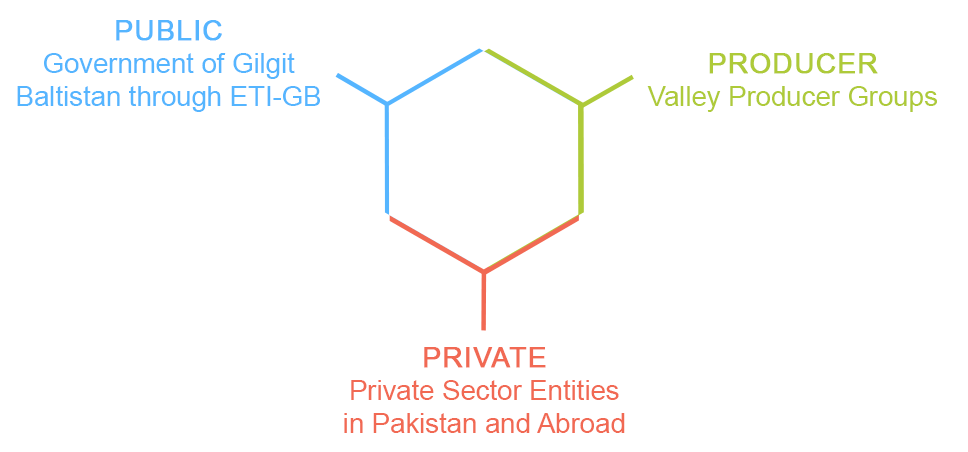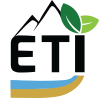There has been a major programmatic adaptation under the ETI value chain component. This component has been re-strategized by the IFAD by converting into the 4P concept (a successful model tested in Sri Lanka). Henceforth, the focus activities will revolve around the revised strategy “The 4P Business Development model”
Definition
“4Ps involve cooperation between a government, business agents and small-scale producers, who agree to work together to reach a common goal or carry out a specific task while jointly assuming risks and responsibilities, and sharing benefits, resources and competencies”.

The main fulcrum of this approach is 4P model whereby producers/farmers, public sector, and private sector inked in mutually responsible partnerships. At the producer level, organizing into producer groups and developing Value Chain Development Plans will be the key elements to address aggregation, quality and marketing challenges. The strategy is expected to develop capacities and networks for sustainable expansion of production and marketable surpluses resulting in increased incomes and poverty reduction. Improved incomes will generate income, food security and enhanced nutrition levels for the target poor. The key in 4-P model is the farmers/ producers at grassroots level so to maximise their profitability by enhancing productivity and production.
Elaborated from IDS/IFAD publication, Brokering Development: Enabling Factors for Public-Private- Producer Partnerships in Agricultural Value Chains (2015). Available at: https://www.ids.ac.uk/publication/brokering-development-enabling-factors-for-public-private-producer-partnerships-in-agricultural-value-chains

